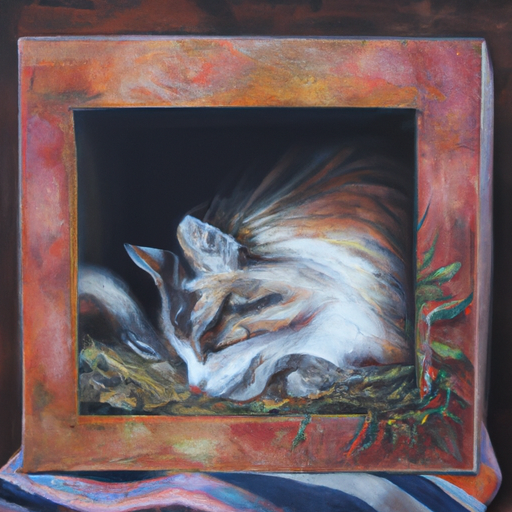Exploring the Limits of Ontology: Schrödinger's Cat.

Schrödinger's Cat is a thought experiment proposed by the Austrian physicist Erwin Schrödinger in 1935. It is designed to illustrate the problems of quantum mechanics and the limits of our understanding of ontology. Ontology is the branch of philosophy concerned with the study of the nature of being, existence, and reality.
The thought experiment goes like this: a cat is placed in a sealed box with a vial of poison and a radioactive source. If the radioactive source decays, it will trigger the vial of poison and the cat will die. Quantum physics states that the radioactive source is both decayed and not decayed until it is observed, so until it is opened, the cat is both alive and dead.
The Implications of Schrödinger's Cat
Schrödinger's Cat has been used to illustrate the paradoxical nature of quantum mechanics, which suggests that the objective reality of the cat's state is undetermined until it is observed. This has implications for ontology, as it questions our understanding of the nature of reality and how it is experienced by an observer.
The implications of Schrödinger's Cat can be extended to other areas of philosophy. For example, it can be used to explore the idea of free will, as the cat's fate is both in its own hands and out of its control until it is observed. It can also be used to explore the concept of determinism, as the cat's fate is predetermined but uncertain until it is observed.
The Limits of Ontology
The thought experiment of Schrödinger's Cat illustrates the limits of our understanding of ontology. It suggests that our understanding of reality is limited and that there may be aspects of existence that are beyond our understanding. It also suggests that our experience of reality may be subjective and dependent on the observer.
In conclusion, Schrödinger's Cat is a thought experiment that explores the limits of our understanding of ontology and the nature of reality. It suggests that reality may be subjective and that there may be aspects of existence that are beyond our understanding. It is a thought experiment that is still relevant today and provides an interesting perspective on ontology and the nature of reality.